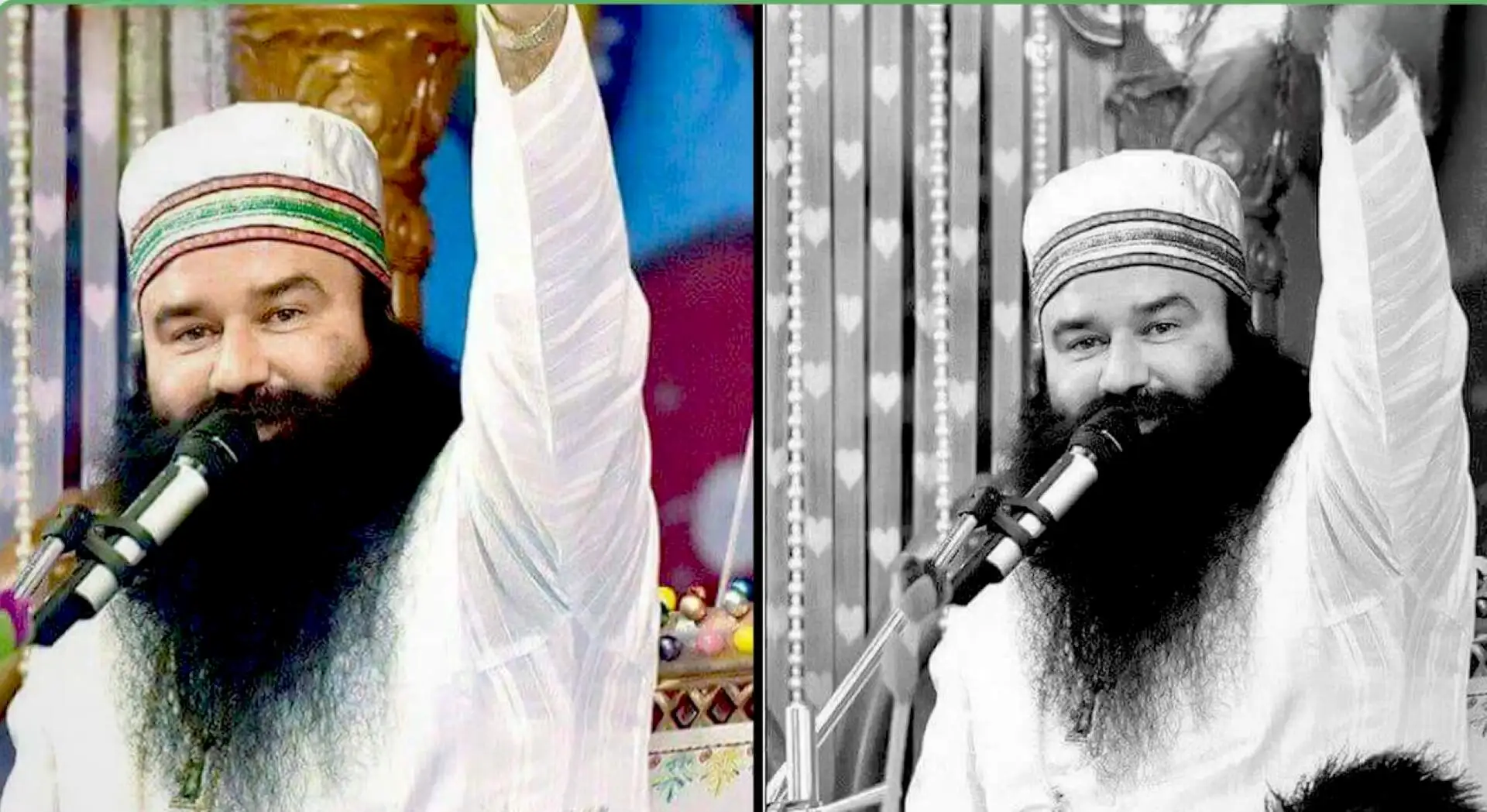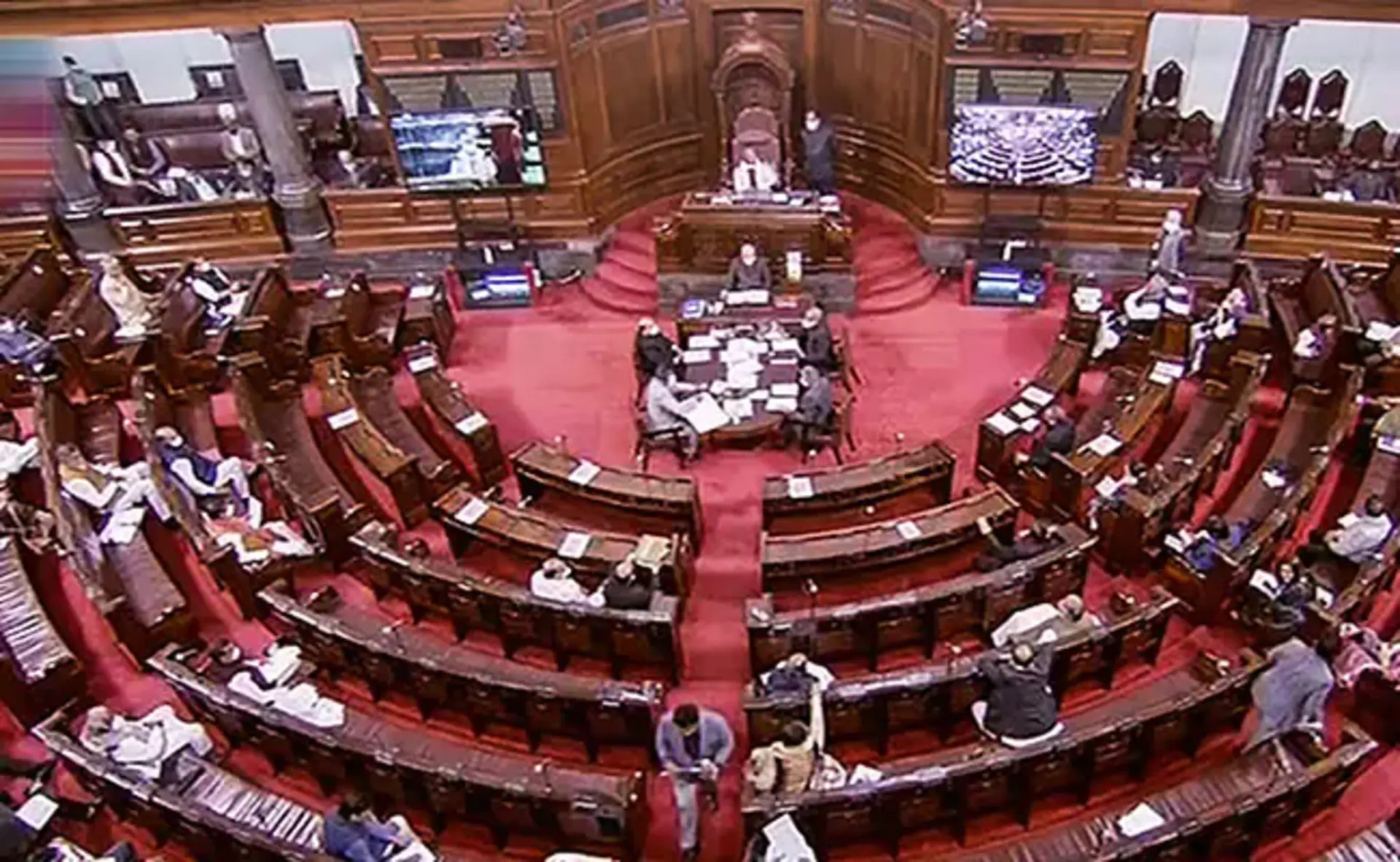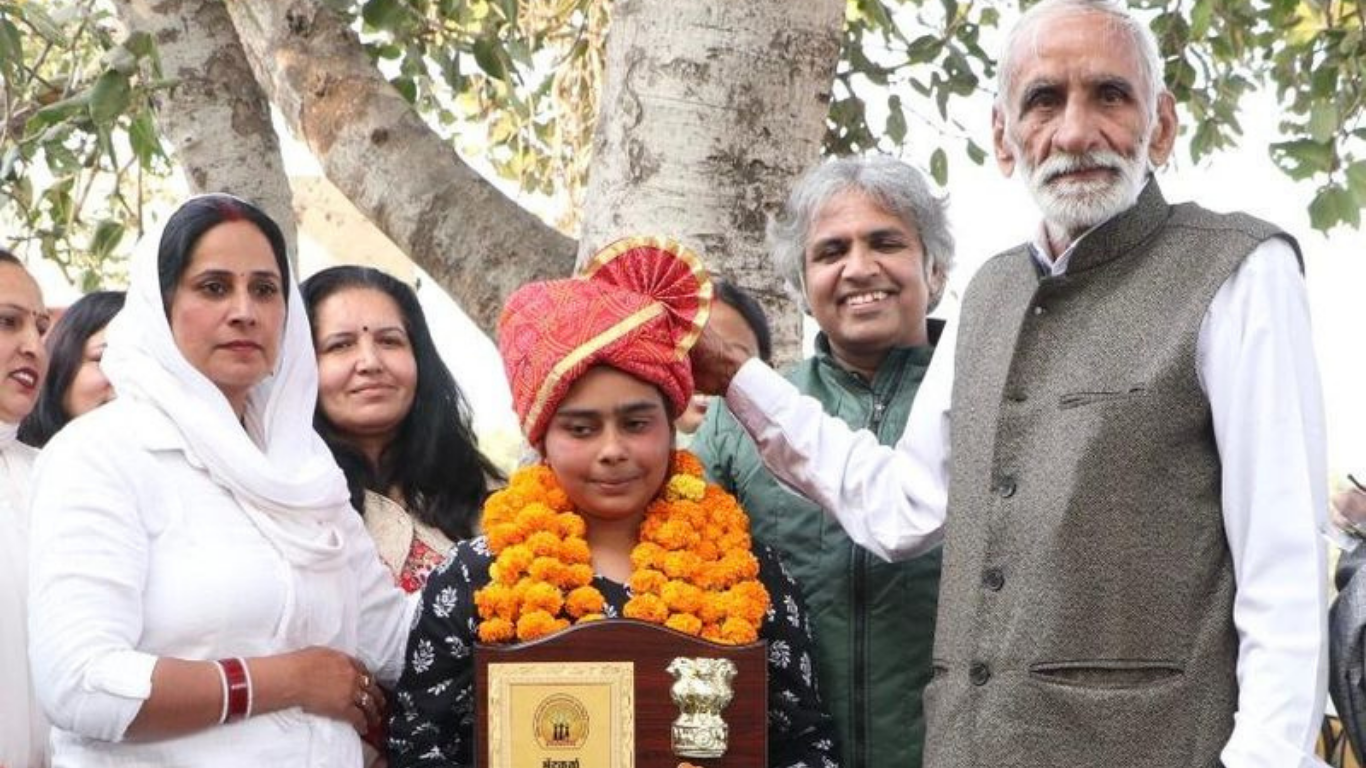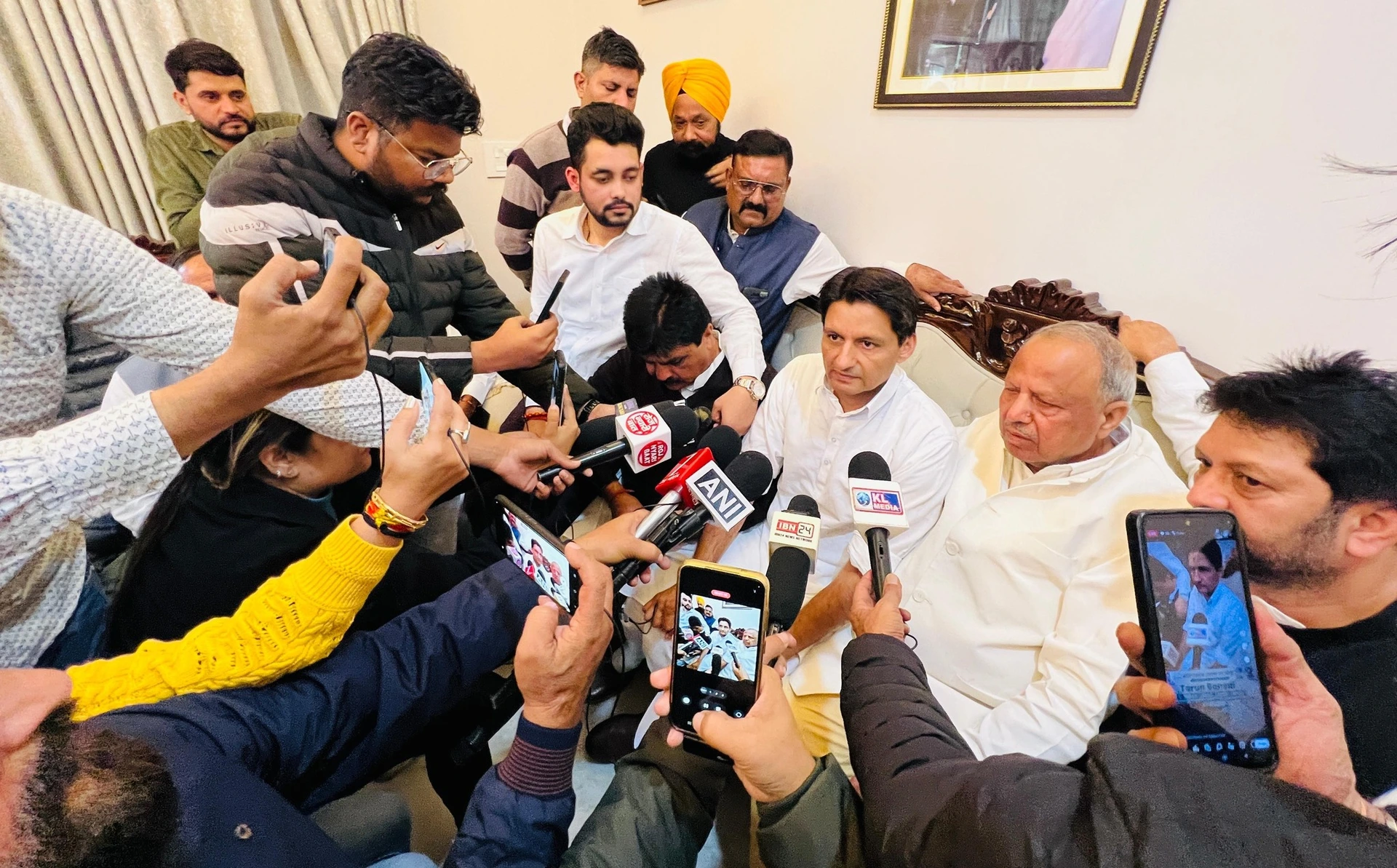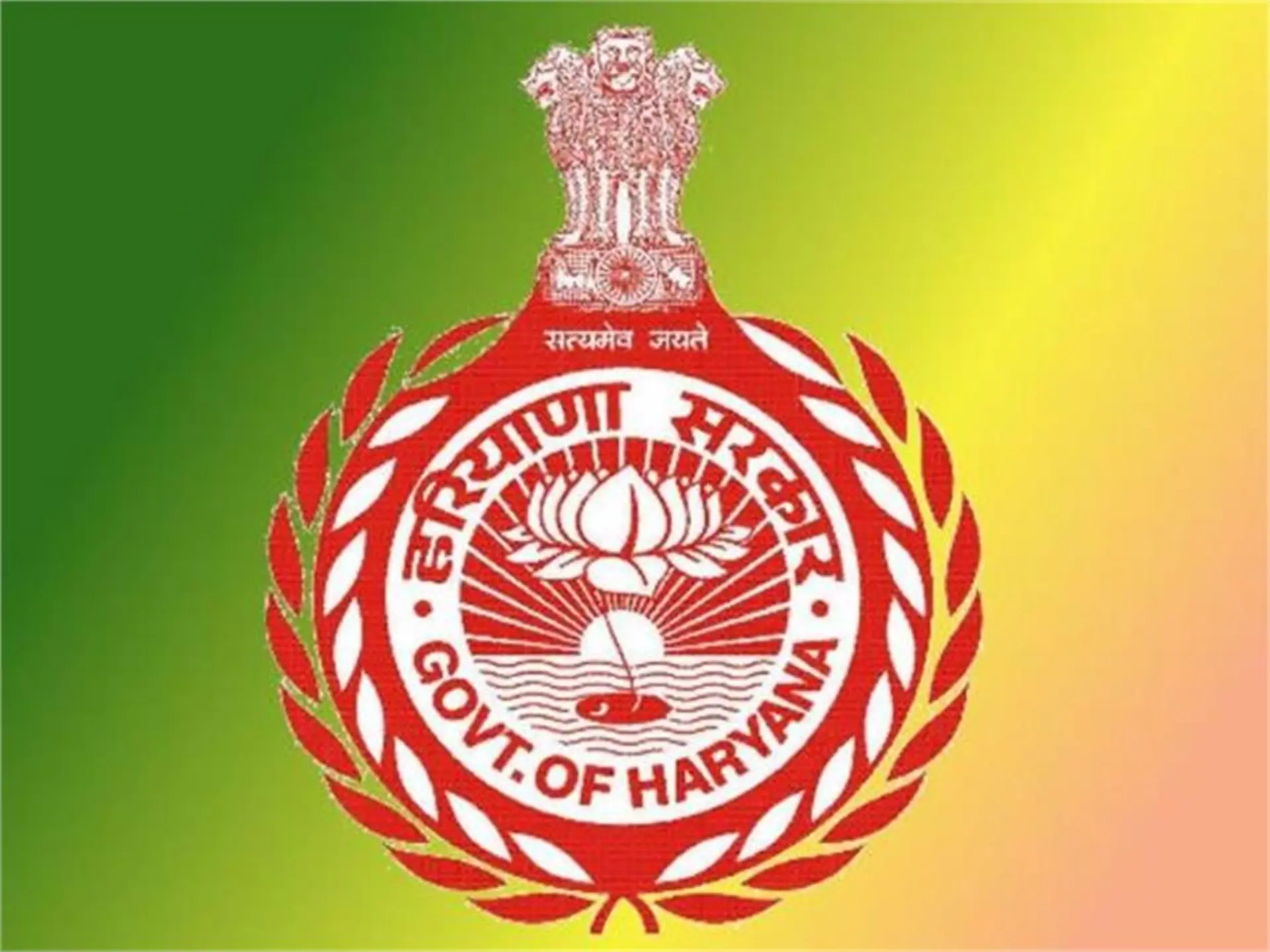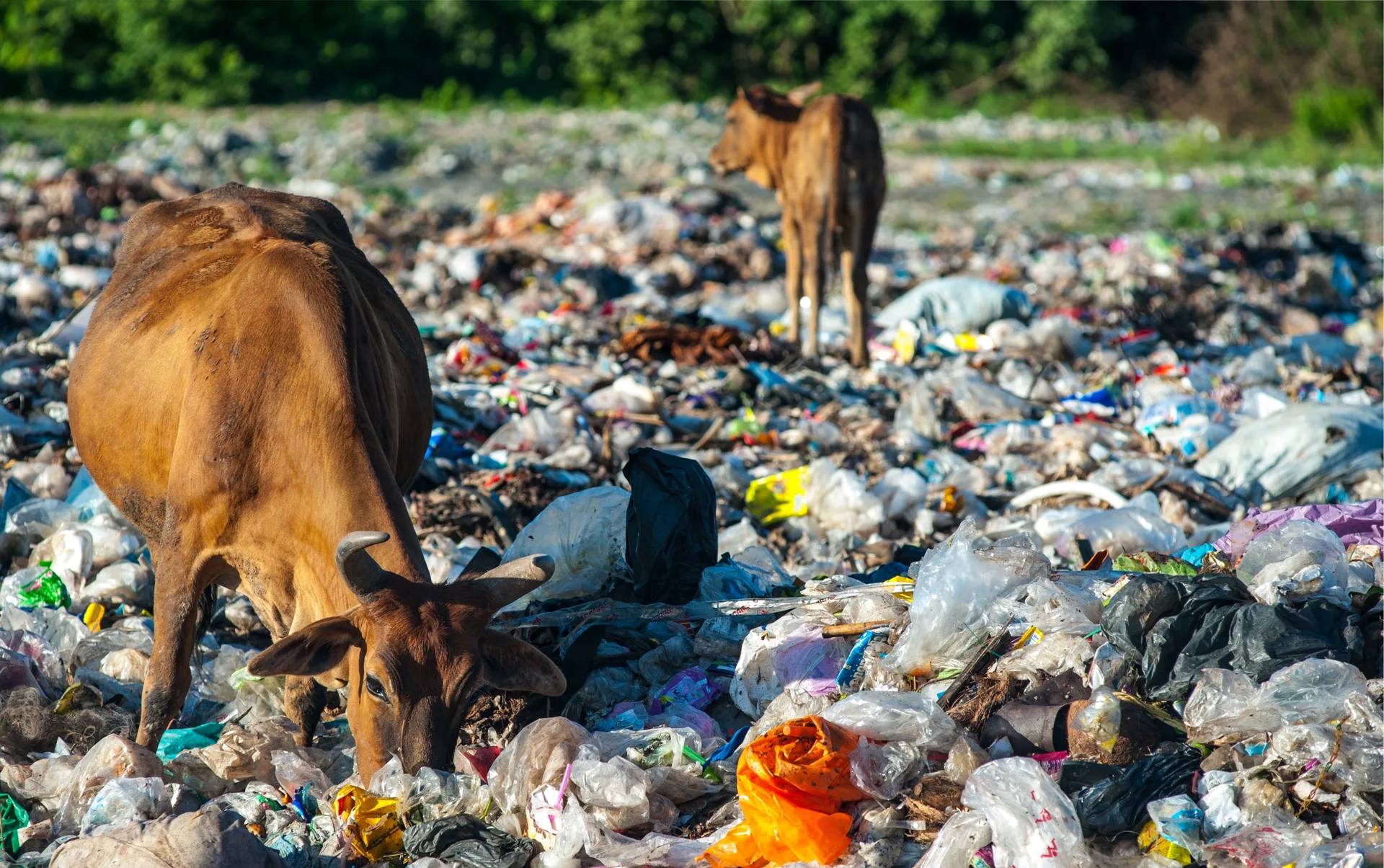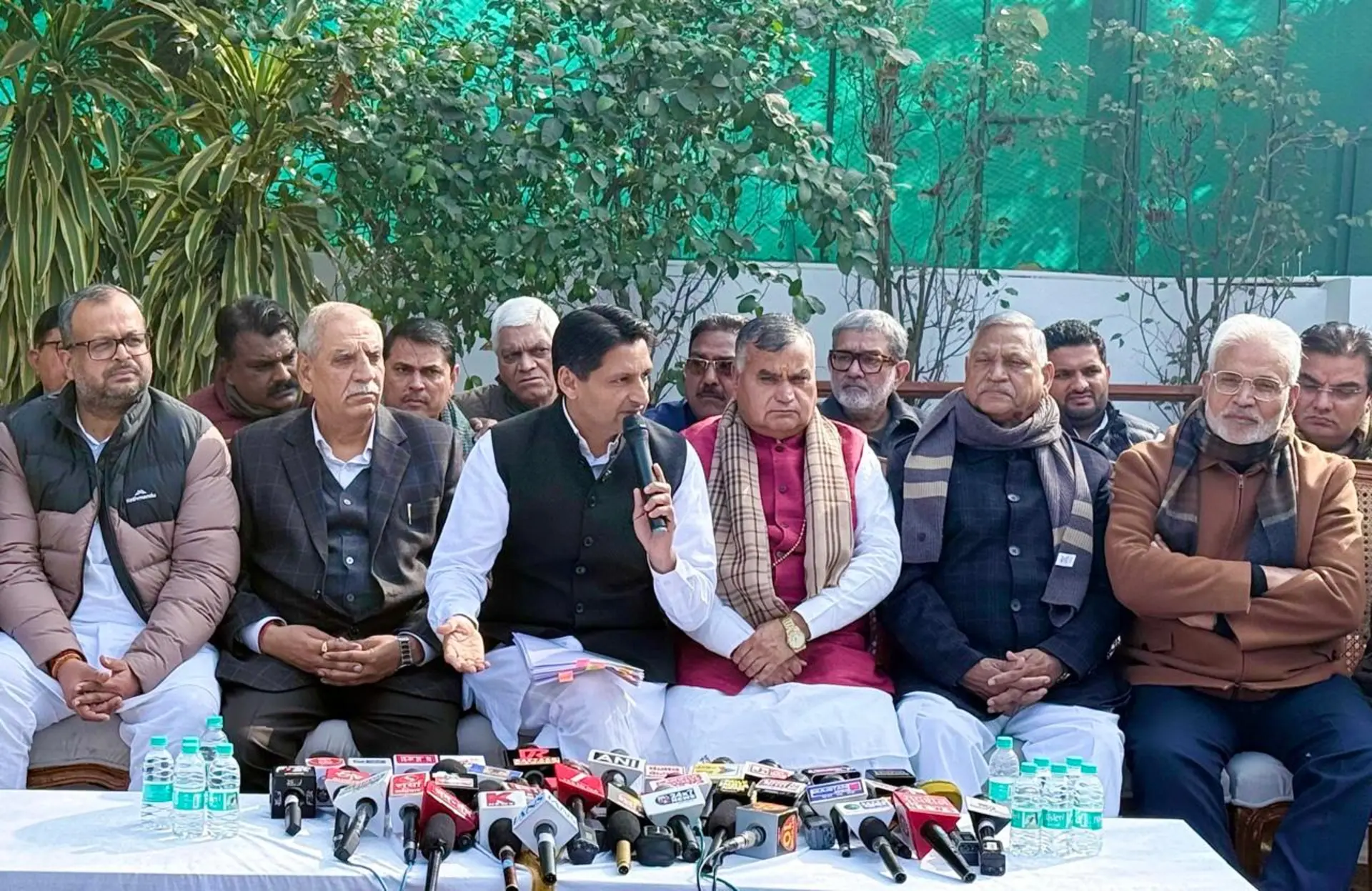
The Haryana Story reports on a contentious development in the lead-up to the state's Assembly elections. Gurmeet Ram Rahim Singh, the controversial leader of Dera Sacha Sauda currently serving sentences for rape and murder, is set to be released on a 20-day parole. This potential release, occurring just before the October 5 Assembly elections in Haryana, has ignited a fierce debate about its timing and implications.
The Election Commission has granted permission to the Haryana Government to consider Singh's parole application, with the process moving at an unusually rapid pace. Within hours of the application being forwarded to the Chief Electoral Officer (CEO), permissions were obtained and passed on to the caretaker Chief Minister, Nayab Singh Saini, for final approval.
However, the Election Commission has imposed strict conditions on Singh's release:
1. He is prohibited from entering Haryana during his parole period.
2. He is not allowed to participate in any political activities, including addressing gatherings or delivering speeches.
3. He must refrain from any election-related activities on social media.
The Commission has emphasized that any violation of these conditions or the Model Code of Conduct will result in immediate cancellation of the parole. This will be Singh's 11th parole or furlough since his conviction in 2017, a fact that has not escaped public scrutiny. His last release was a 21-day furlough in August, coinciding with the announcement of the Assembly elections. In total, Singh has spent over eight months of his sentence outside of jail, leading to questions about the fairness of the justice system.
The frequent paroles granted to Singh have been a source of controversy, with critics arguing that it undermines the severity of his convictions. Supporters, however, maintain that these releases are within his legal rights.
The timing of this potential release, so close to the elections, has raised concerns about its possible impact on voter sentiment. While Singh is explicitly barred from political involvement, his significant following in the state could indirectly influence the electoral outcome.
As The Haryana Story continues to monitor this developing situation, it remains to be seen how Singh's parole will affect the political landscape of Haryana. This case underscores the complex interplay between politics, justice, and religious influence in the state, adding another layer of intrigue to an already contentious election season.



